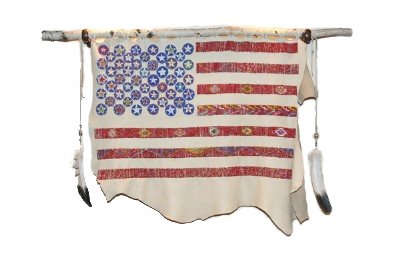President Kennedy by Richard Reeves
Reeve's book is really a policy wonkish nearly day-by-day case study of JFK's Presidency, focusing less on the events but how they were managed (and in some cases stage managed) exclusively from the perspective of the White House. Though somewhat prissy and snarky concerning Kennedy's mistresses (and even offering a rather far-fetched medical explanation for his behavior), the book is more about Kennedy as a leader. His famous "collegial style" of leadership, for example, actually comes across as ad hoc and chaotic, and very limited by Kennedy's unwillingness to trust many people outside of a close circle of family (i.e., Bobby) and friends. Although, given the problems he had with military leaders (verging on outright mutiny in the case of Curtis LeMay) and the CIA (which evidently regarded him as an amiable dunce at best), JFK's suspicious nature is maybe understandable. Kennedy also had weaknesses due to his lily-white, rich, comparatively sheltered upbringing, such as his utter bewilderment at the Civil Rights Movement ("What do these people want?" he exclaims in frustration at one point). I was also surprised to read just how heavily involved the White House was in orchestrating the March on Washington, which JFK had initially opposed, even going so far as to pay for it with funds raised and laundered by Bobby. There are modern lessons to be learned; Kennedy owed his presidency to one emerging media (television, which he worked hard to master) muscling out older media (newspapers); today's politics sees the eclipse of broadcast television and the surviving newspapers by the Internet and cable news, though we don't yet have a president who owes as much to the Internet as JFK did to teevee. Vietnam is even more of a cautionary tale for Iraq than I had thought, with the White House trying to maneuver through a recalcitrant, corrupt and dictatorial local government that seemed determined to doom itself; and American policy hopelessly ham-handed due to a near-total ignorance of local culture (it's truly frightening to consider how much of US policy towards Vietnam was shaped by a work of fiction, The Ugly American by William J. Lederer). Overall, it's an excellent read, though 1963 feels rushed and glossed-over compared to the lavish detail shown to the first two years of Kennedy's abbreviated term.
Labels: Book Reviews



0 Comments:
Post a Comment
<< Home